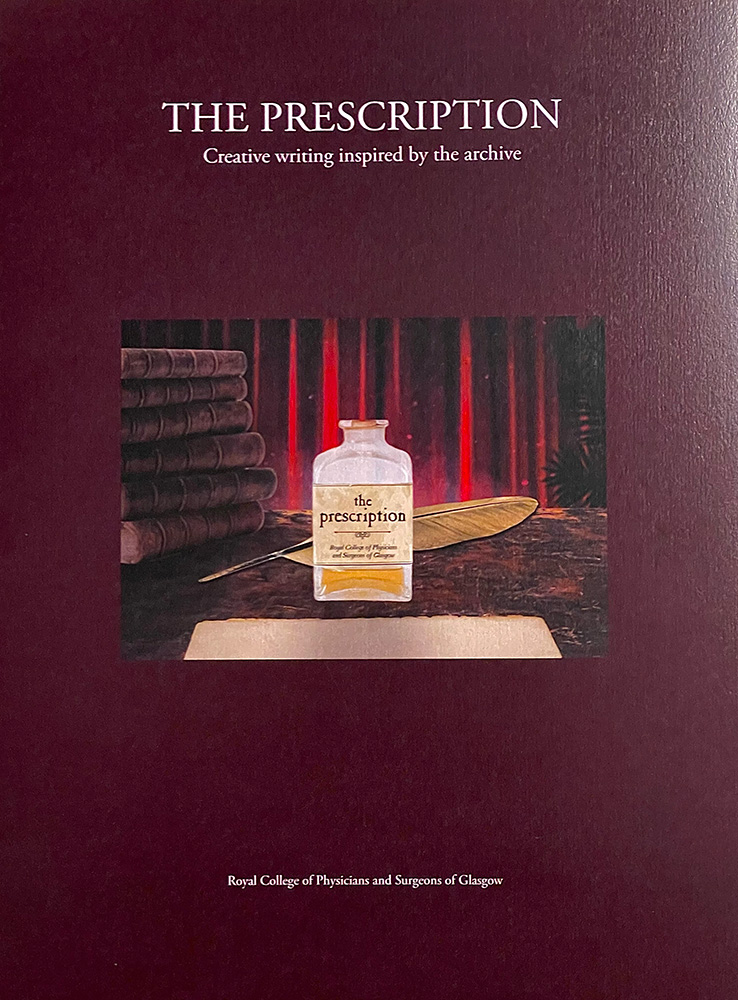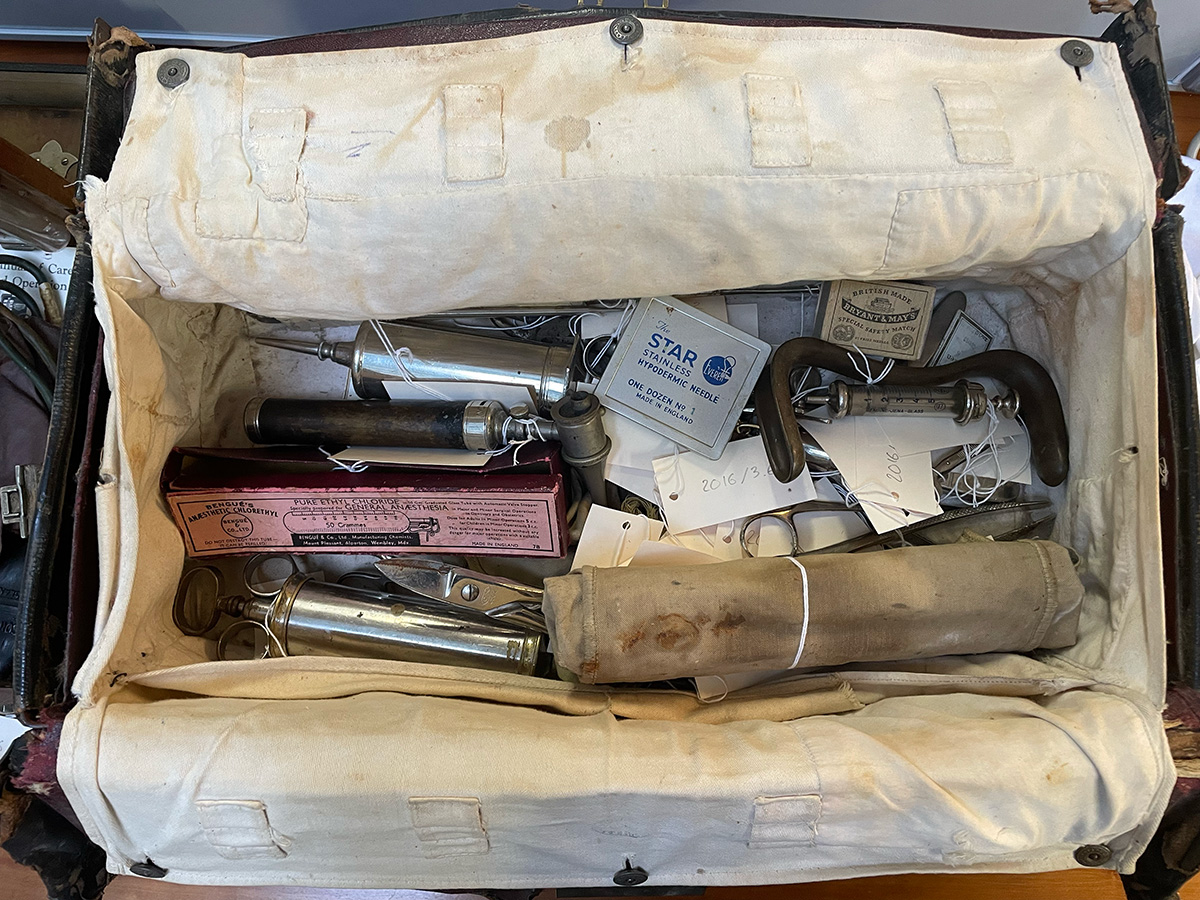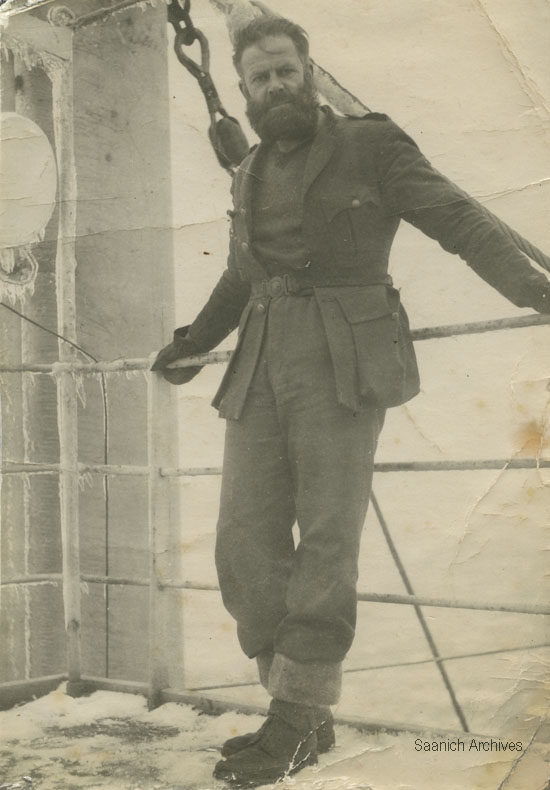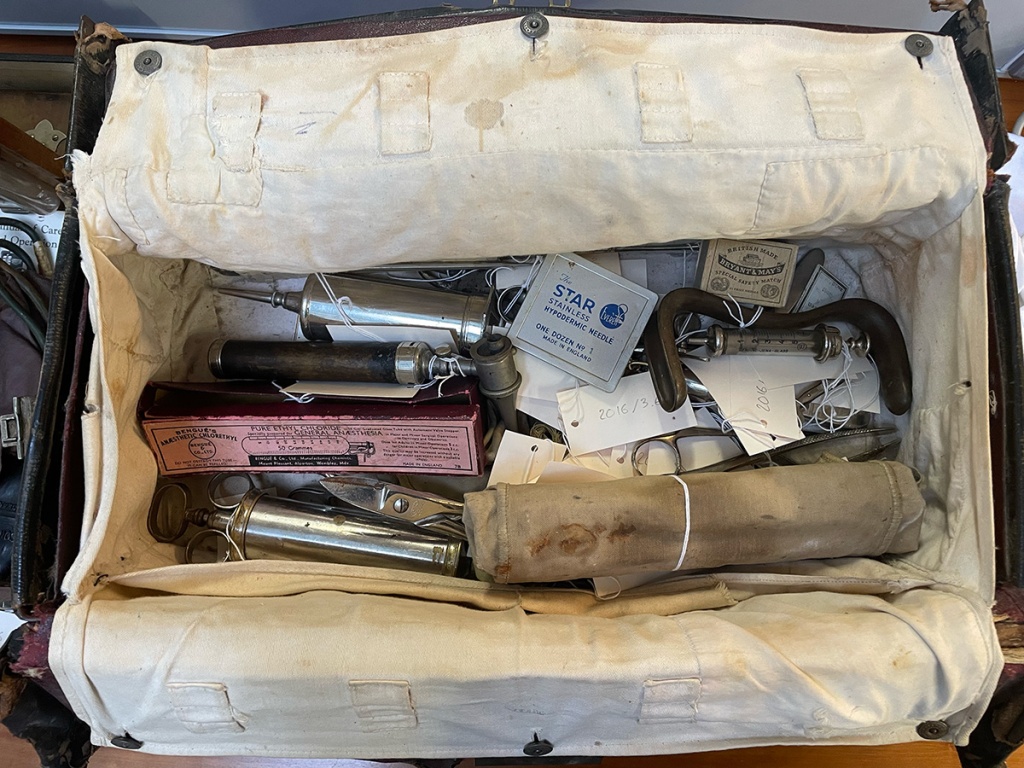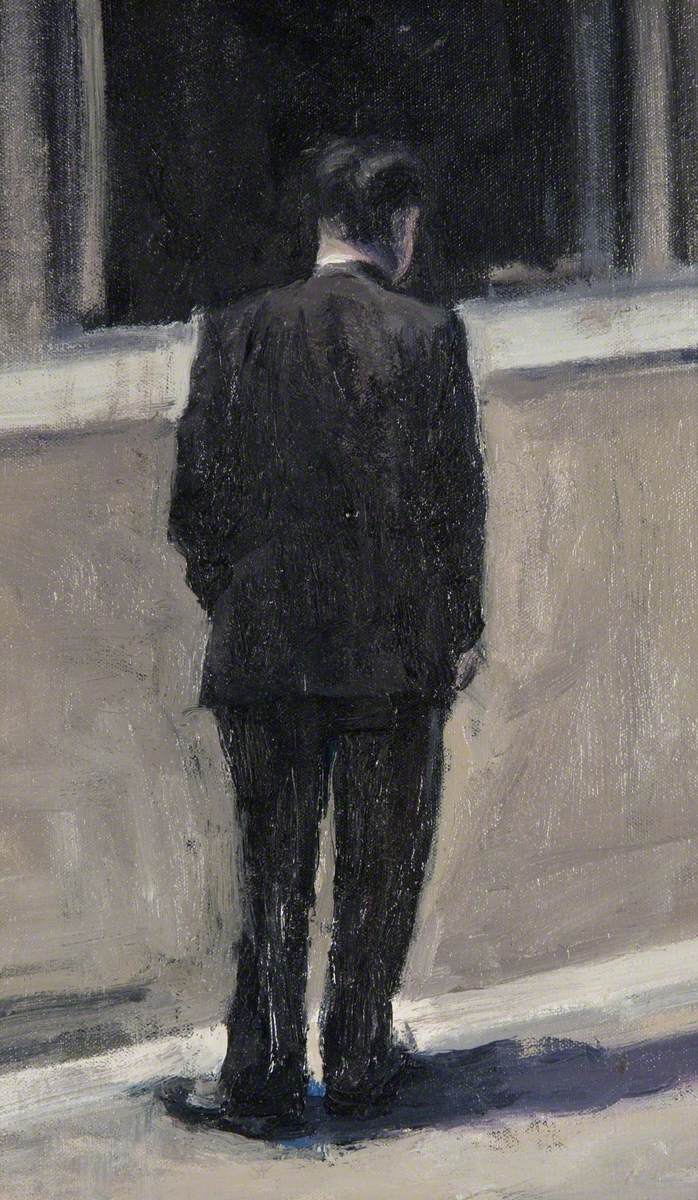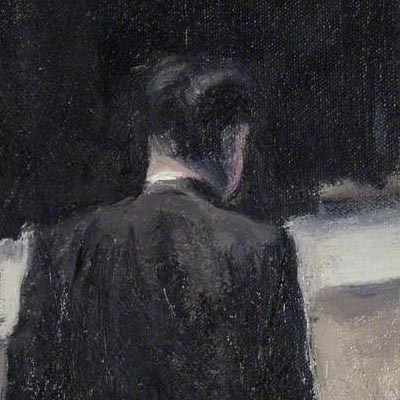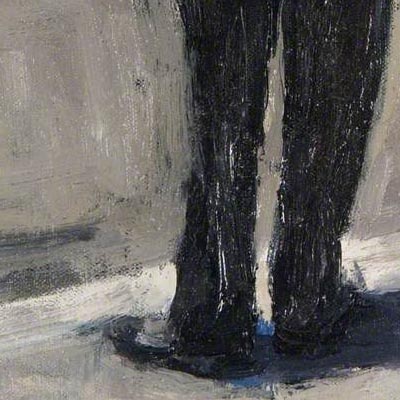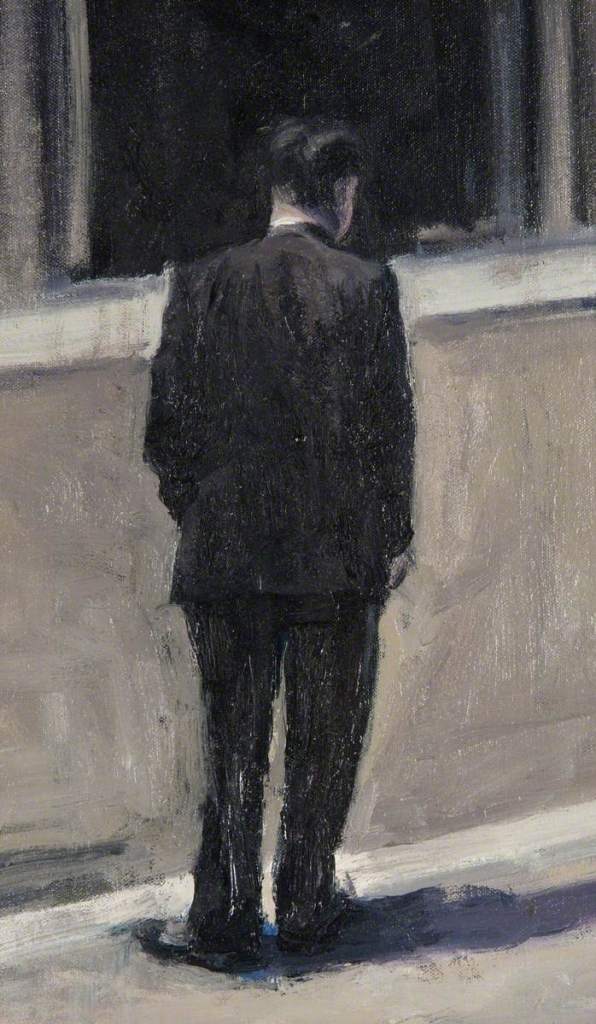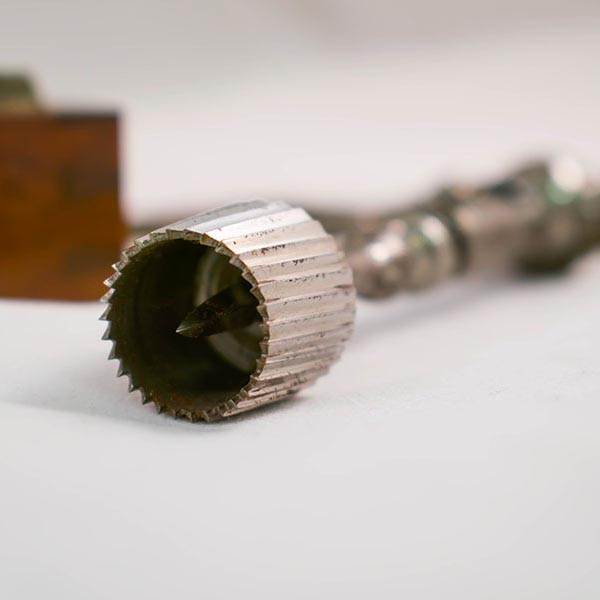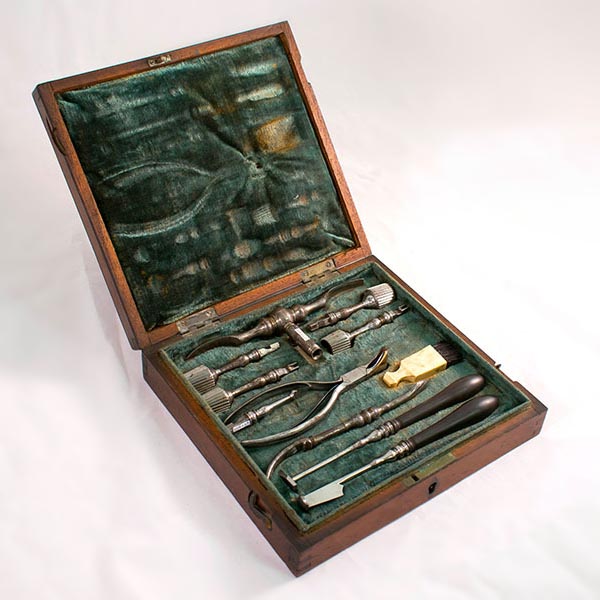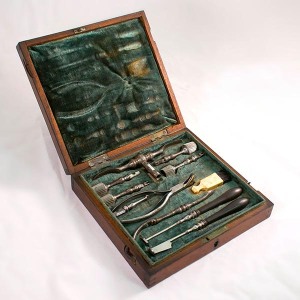





The Fithie Burn has been one of my neighbours for almost forty years now. Sometimes it can be unruly and even dangerous, sometimes hardly there at all. Fithie is not a mighty river, although there are times when you definitely would keep away if you wanted to be safe. It has remained always a source of interest and wonder, and a constant pull for photography and for simply looking. It is seldom silent and, of course, never still.
The photographs above were taken in the past few days, but the poem below was written a little while ago. In 2023 was included in an anthology called Alchemy and Miracles (Gilbert and Hall Press).
you can also listen to this post..
Fithie
The standing waves sheathe,
dressing the dam’s top-stones
in flares of constant booming –
silken Robeson, Old Man rolling,
unseen, un-faced. A bittern chorus.
Last week a cheeky burn,
now wilful and riverine –
not long-since brown stampede,
and before that a dry-throat cackle,
piped away for crops or power.
At two and three and four a.m.
when the latched sliver
of an open window’s jamb
grants night-sound passage,
I hear you near me, Fithie.
While my lines rest politely, each
neatly stitched left to right,
your direction tussles all unfastened,
hush-crooning whispered static –
a live stylus travelling.
From where I lie awake
time guddles woozy and confused,
is it upstream or down?
While, a tumble written seaward –
you shoulder irresistibly by.
.
.
.



